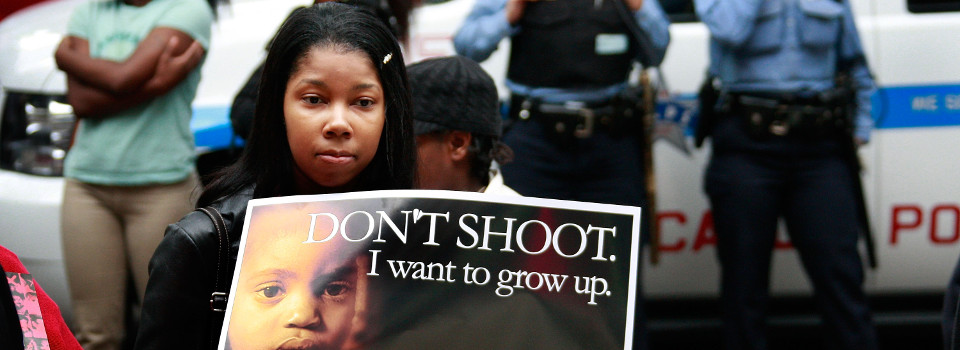Singapore has applied to be a non-permanent member of the United Nations Security Council for the period 2001 to 2002. Derwin Pereira examines the actions and role of the council over the years.
THE Gulf war in 1991 ended not on the battlefield but in a sunlit room in New York when Iraq’s ambassador accepted a United Nations Security Council letter noting Baghdad’s capitulation.
“It is a pleasure for me to hand this to you,” Security Council president, Belgian ambassador Paul Noterdaeme said. “The formal ceasefire is therefore effective”. Iraqi ambassador Abdul Amir al-Anbari replied: “I am happy to have it and express my gratefulness to the president of the council.”
The council’s tough stand on Iraq’s invasion of Kuwait was reflected in an ultimatum backed by the implied use of force against a recalcitrant nation – the second time such a resolution had been passed in the UN’s history. The first, during the Korean War, was possible only because the former Soviet Union, which would have vetoed it, had boycotted the council over an unrelated issue.
The council’s imprimatur during the seven-month Gulf crisis signalled somewhat its coming to terms with the end of the Cold War and an emerging new world order.
Indeed, there has been an explosive increase in Security Council action since the end of East-West confrontation. The council passed only two resolutions in 1952 but approved 76 resolutions last year, including mandates for peacekeeping in Bosnia, Haiti and Rwanda.
Formed in the aftermath of World War II, the 15-member council is the UN watchdog for international peace and security. It has the power to make decisions binding on all UN members and can take “enforcement” measures to keep the peace. This includes economic and diplomatic relations and possible action by air, land and sea forces.
The council comprises the permanent five, the world’s most powerful countries – Britain, China, France, Russia, and the United States.
Ten other countries are chosen each year by the General Assembly under a “gentleman’s agreement” that allows non-permanent seats to represent the different geographical regions for two years at a time.
Five are from Africa and Asia, one from Eastern Europe, two from Latin America and the Caribbean, and two from Western Europe and other states. Current members are Argentina, Botswana, Czech Republic, Germany, Honduras, Indonesia, Italy, Nigeria, Oman and Rwanda.
Unlike the General Assembly, where each country has an equal voice regardless of size, wealth or military might, power in the Security Council lies with the permanent members.
While decisions on procedural matters can be made by a “yes” vote from any nine members, the assent of all five permanent members is needed on issues threatening international order. This is the rule of “great power unanimity”, popularly known as the “veto” privilege.
The permanent five have shown little inclination to discuss their veto privilege. Only on one occasion did the US seek its revision. This was in 1954, following a spate of vetoes cast by the former Soviet Union.
The veto power was exercised more than 200 times by opposing sides during the Cold War.
And last week, for the first time in five years, the US unsheathed its veto to kill a resolution calling on Israel to rescind the expropriation of Arab land in East Jerusalem.
While the veto still holds sway on council decisions, non-permanent members are increasingly exerting their influence on decision-making through informal meetings, which have been on the rise.
Before debating a resolution in a formal setting, member states, which take turns to hold the council’s presidency every month, discuss proposals informally in their respective “caucuses”. Britain, France and the US, the non-aligned group and the other members forge common positions separately before meeting for the closed-door session.
This practice has given non-permanent members a chance to offer constructive proposals.
For example, New Zealand, which was a non-permanent member in the council in 1993-1994, took a lead role in drafting a proposal for a war crimes tribunal in Bosnia.
New Zealand’s contribution is instructive of what small countries such as Singapore can do for international peace and security.
The Republic has applied to be a non-permanent member for the period 2001 to 2002, reflecting its desire to be an active player on the international scene.
Over the years, Singapore had contributed to the UN’s effort to build international consensus on issues such as the Law ofthe Sea, the UN Conference on Environment and Development, the UN financial crisis and reform of the world body. It also took part in several UN peacekeeping missions.
“For the Security Council to reflect the views of the international community, representatives of both small and large nations should serve on the council,” said Miss Viji Menon, Singapore’s Charge d’Affaires to the United Nations, in announcing the Republic’s candidature.
Plans are underway to expand the council. Economic superpowers such as Germany and Japan argue that the time has come to include them as permanent members 50 years after the war.
There is also support among UN members for giving regional powers such as Argentina, Nigeria, India and Indonesia a council role commensurate with their enhanced status.
But agreement has proved elusive on how far to enlarge the council, whether any new members should have permanent seats and whether a new category of membership should be instituted.
The council, which is a barometer of the ups and downs of international relations, can benefit from views from across the globe.

